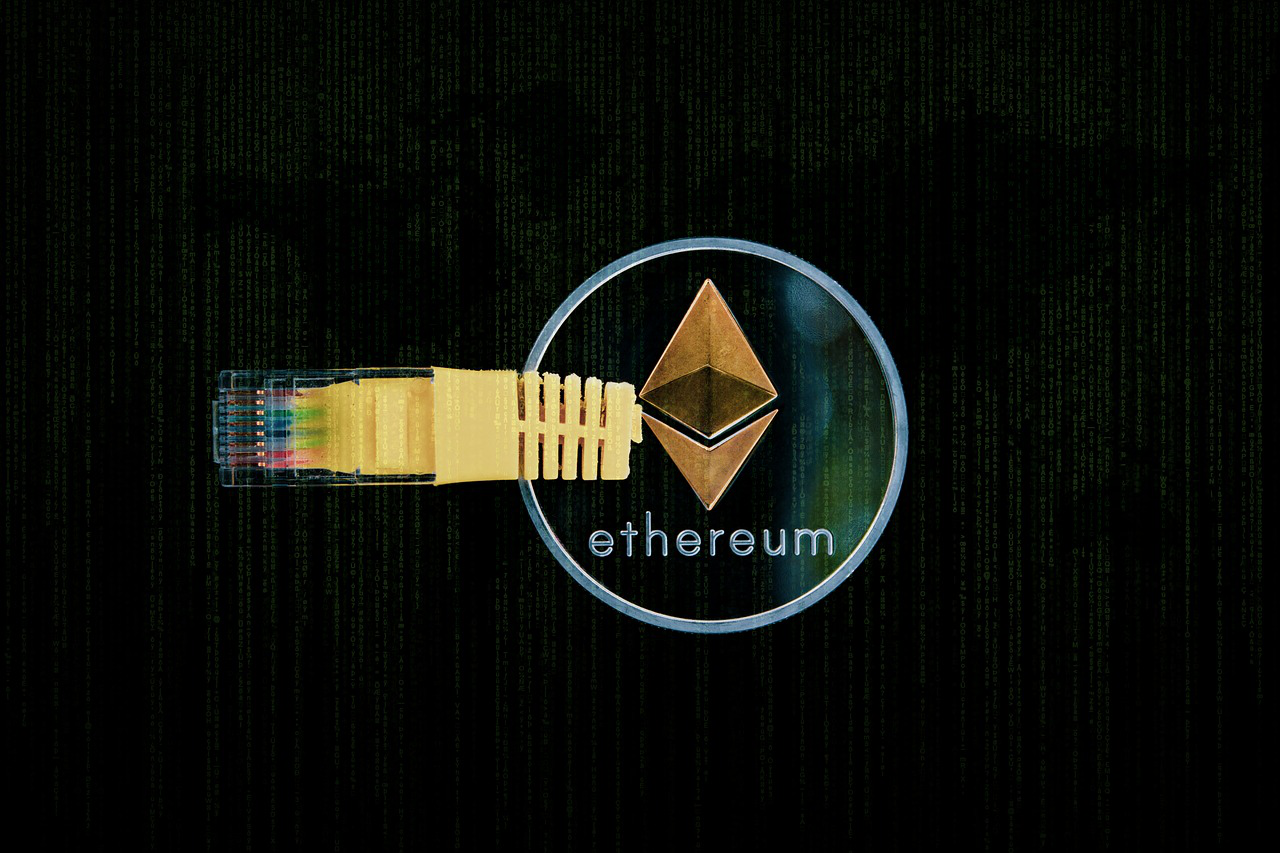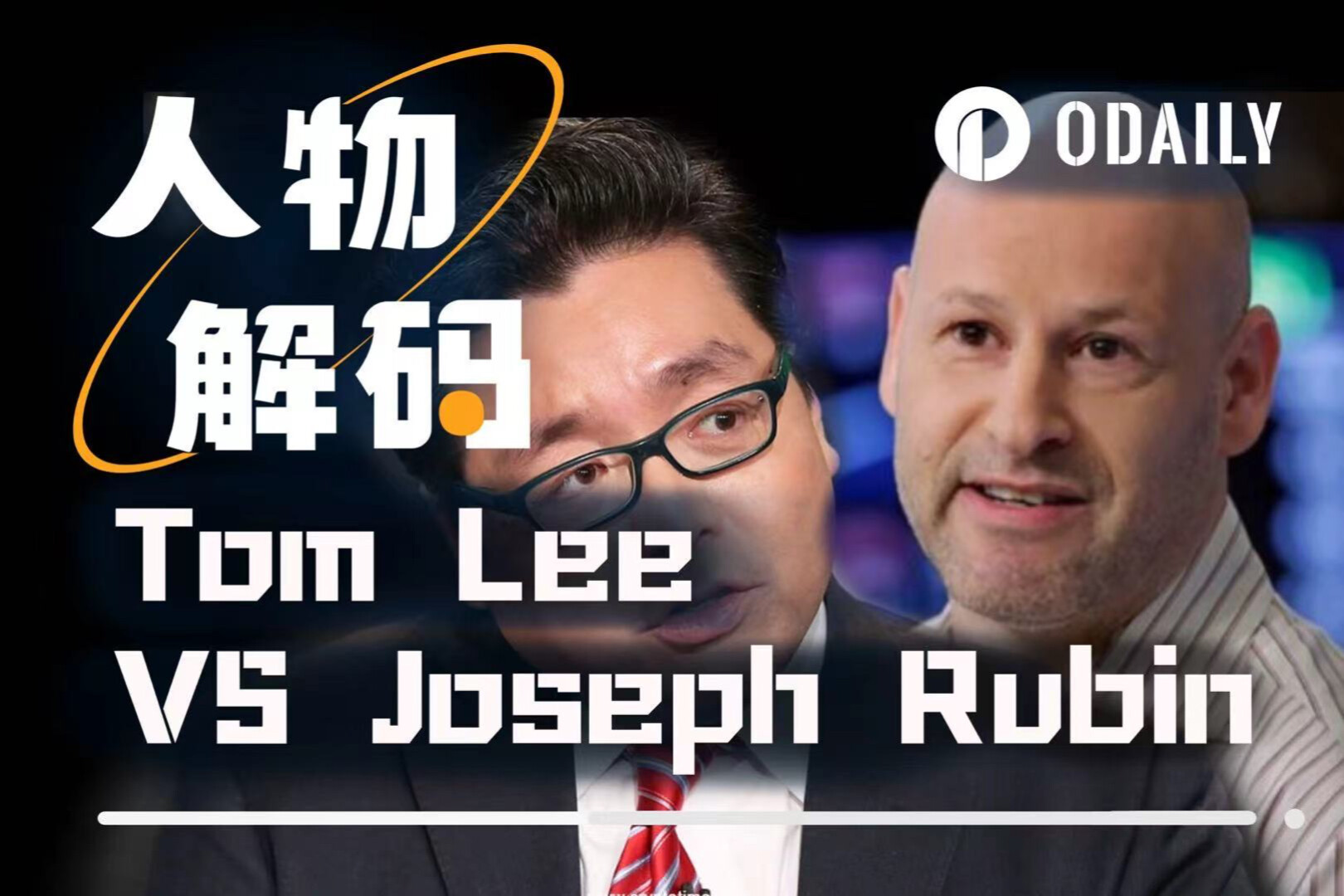
DeFi (Decentralized Finance), that is, decentralized finance, refers to the paradigm shift from today's closed financial system to an open financial economy based on interoperable, programmable and composable open protocols.

So, what is DeFi?
DeFi (Decentralized Finance), that is, decentralized finance, refers to the paradigm shift from today's closed financial system to an open financial economy based on interoperable, programmable and composable open protocols.
Ethereum (Ethereum) is creating a new economy that integrates blockchain technology and cryptocurrencies with the current financial system. DeFi is not about creating a new system from scratch, but about using open protocols and transparent data to make the original system more democratic and fair.
DeFi utilizes three key principles of the Ethereum blockchain:
1. Interoperable
Open finance is defined by platforms that can cooperate with each other with a certain degree of transparency and have complementary functions, breaking the current operational restrictions of closed finance.
2. Programmable
Ethereum enables new types of financial instruments and assets that are more customizable than existing products and services.
3. Can be combined
Composability refers to the concept that something can be selected and assembled in multiple combinations. Ethereum has demonstrated the value of composability by being the underlying protocol for other protocols such as Maker, UMA, Augur, Compound, etc.
Decentralized finance uses blockchain technology to provide everyone around the world with access to traditional financial services by removing intermediaries and barriers to entry. DeFi applications and services are expected to revolutionize the existing financial system, continuously empower individuals and provide greater financial freedom.
A common metric used in DeFi is the amount of funds "locked" or used by applications and protocols. Similar to how banks and large corporations use capital to create trillions of value in financial products and derivatives, the Ethereum protocol uses capital to create value in decentralized financial products and applications. The amount of capital (Ethereum, USD, other assets) stored in these protocols is known as the amount "locked in DeFi".

For example, the Maker protocol, a leader in the DeFi field, has locked assets of more than 280 million US dollars as of March 2020; the Compound protocol has locked assets of 70 million US dollars.
Data shows that since January 2019, the assets locked on decentralized finance (DeFi) platforms have more than doubled, from less than US$300 million to around US$700 million at the end of the year; It peaked at $600 million before falling to its current level of around $600 million during the crypto market sell-off triggered by COVID-19.
A breakthrough application of DeFi is the ability to obtain loans without a trusted party or middleman such as a bank or large corporation. MakerDAO was one of the first apps to enable users to get loans from anywhere.
Recently, more types of lending protocols have emerged on top of Ethereum, including Compound, Fulcrum, Aave, etc. Both Compound and Fulcrum create pools that allow users to borrow or lend Dai (Maker’s stablecoin), USDC (Coinbase’s stablecoin), Ethereum and other crypto assets.

Decentralized exchanges (DEX) provide a new model of trading and exchanging assets without relying on a single intermediary or oligopoly (controlled by a small number of individuals/companies).
Uniswap is a decentralized exchange (DEX) for trading cryptocurrencies without intermediaries. Data shows that in November 2019, Uniswap’s trading volume exceeded $8 million. Uniswap currently accounts for 33% of the total DEX volume (more than IDEX and Kyber).
In addition, other DeFi projects worthy of attention include dYdX, 0x, AirSwap, Zerion, TokenSets, Aave, Bancor, Kyber, IDEX, etc.

At present, DeFi is still a highly experimental and unstable field, but some companies have planned or are implementing insurance policies and corresponding encrypted custody services to protect the safety of customers' property. As a new financial paradigm, we still believe that DeFi has a promising future and great potential.



